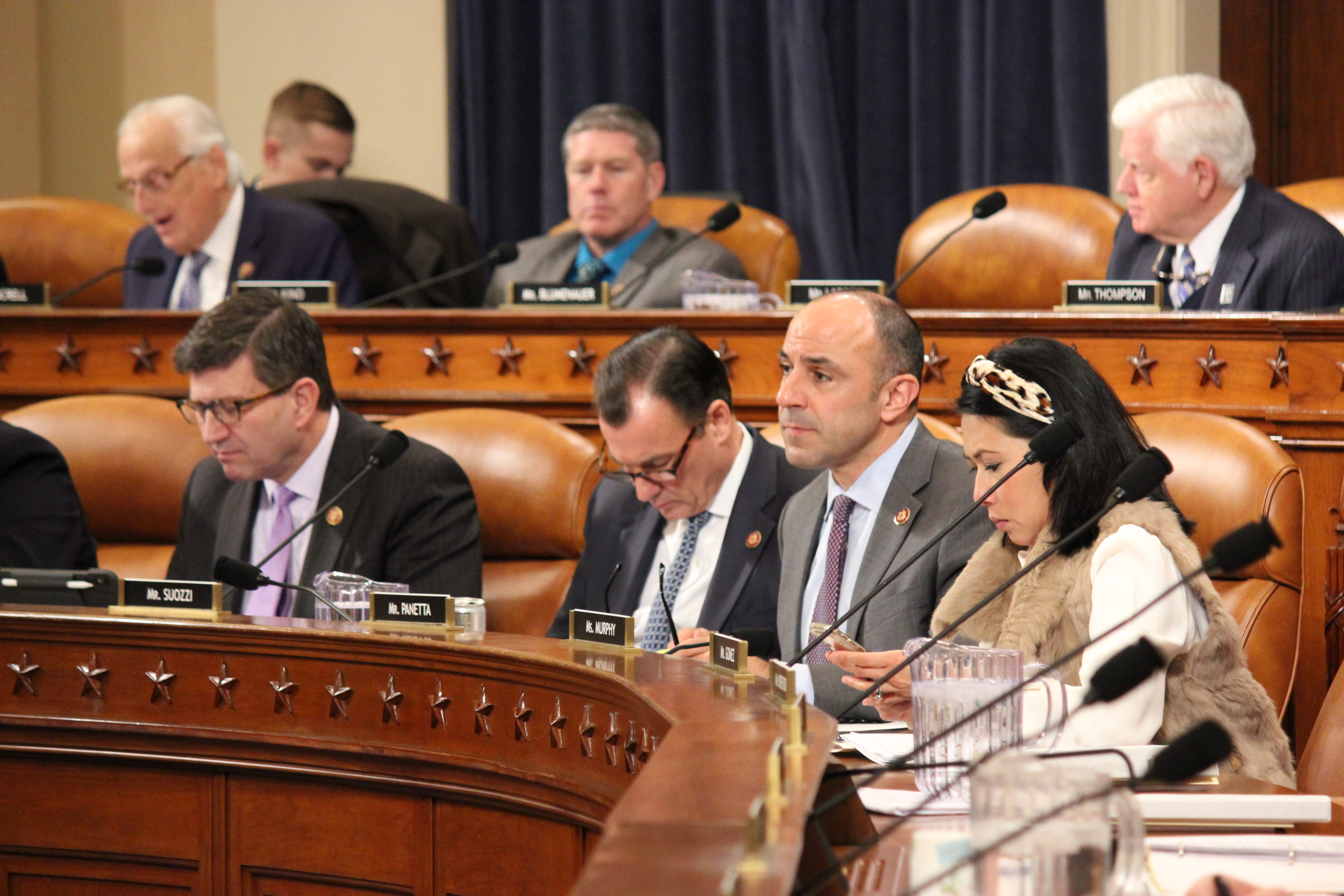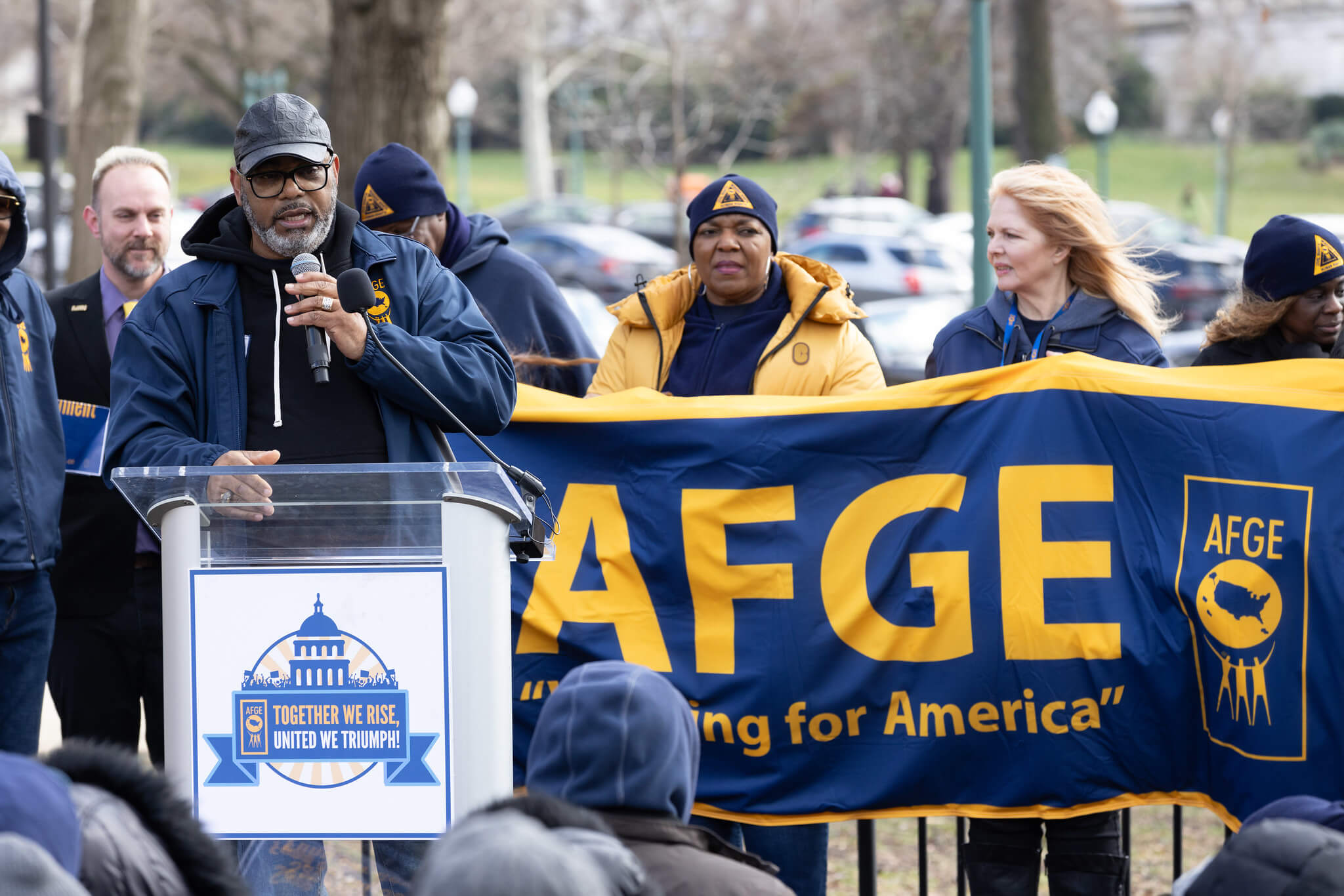It’s Time for a Select Committee on Russia (Also, We Told You So)
A few weeks ago, we argued for the need for the formation of a new congressional Select Committee to investigate the Russia Connection. Developments since the publication of that piece have only served to strengthen our argument. Others are making the same case.

Published by The Lawfare Institute
in Cooperation With

A few weeks ago, we argued for the need for the formation of a new congressional Select Committee to investigate the Russia Connection. Developments since the publication of that piece have only served to strengthen our argument. Others are making the same case. Yesterday, Senator John McCain stressed that the need for the formation of a bipartisan select committee is now a “requirement.” Likewise, Stand Up Republic, founded by Evan McMullin and Mindy Finn, has called on Congress to do the same.
It is worth briefly reviewing the need for the new select committee and the ways in which the latest developments heighten that need, as well as our arguments as to why a select committee has advantages over an independent bipartisan commission—the model preferred by many Trump critics.
As we noted previously, there are multiple congressional inquiries related to questions of Trump, Russia, and the 2016 election. The principal inquiry is that of the Senate Select Committee on Intelligence, with the House Permanent Select Committee on Intelligence investigation taking second place. While those investigations have a role and should continue, we noted three reasons why those inquiries were insufficient.
First, the conduct of the White House and the Republican leadership of both the SSCI and HPSCI have undermined perceptions of legitimacy and independence. When we wrote our piece, we were responding to revelations that both the SSCI and HPSCI Chairman had been “willing to act at the direction of White House Press Secretary Sean Spicer to privately help counter an alarming New York Times story reporting repeated contacts between Trump campaign officials and Russian intelligence during the elections.” SSCI Chairman Burr did so off the record, while HPSCI Chair Devin Nunes had done so publicly. Burr has largely stayed out of headlines since the kerfuffle. But Nunes’s conduct yesterday effectively obliterates any notion of a credible bipartisan inquiry. This is no longer merely an appearance problem, if that’s what it was. It’s now a substantive problem. The Chairman of the HPSCI isn’t playing straight. There’s no reason for anyone to have confidence in the process he’s running.
Second, we noted that there were jurisdictional concerns with the existing investigations:
The scope of the investigation into possible ties of President Trump and his associates to Russia and Russian interference in the U.S. election both exceeds the jurisdiction of any one committee and implicates the jurisdictions of multiple committees. It involves investigation into Russian active measures generally, the specific hacks of the DNC and DCCC, the conduct of multiple individuals and their relationships with foreign governments, and evidence of financial and personal relationships that might explain motivations and degrees of influence or control. The wider the scope of the investigation gets, the less it makes sense to shoehorn such complex and cross-cutting matters into the SSCI’s existing jurisdiction.
This problem is compounded by the fact that at least some of the matters requiring investigation are still ongoing; the story of Trump and Russia, after all, is continuously unfolding. Unlike congressional investigations into discreet and completed episodes, the parameters of which can be defined at an investigation’s outset, this one has to be both broad and nimble.
Chairman Nunes inadvertently proved this point yesterday, further muddying questions of jurisdiction by raising new questions about incidental collection he claims is unrelated to Russia.
Finally, we noted that both the SSCI and HPSCI were not sufficiently staffed to take on a major ongoing inquiry in addition to regular oversight roles. Congressman Adam Schiff highlighted the issue of under resourcing during the House intelligence hearing on Monday:
Director Comey, what you see on the dais in front of you in the form of this small number of members and staff is all we have to commit to this investigation. This is it. We are not supported by hundreds or thousands of agents and investigators with offices around the world. It is just us and our Senate counterparts. In addition to this investigation we still have our day job which involves overseeing some of the largest and most important agencies in the country.
A bipartisan commission—which Schiff endorsed in his testimony, as have many others—remains a tempting model. At least at the current stage, however, the formation of a select committee remains preferable. We previously explained the limitation of the bipartisan commission model and why a new select committee would be more effective and agile in what promises to be a highly adversarial fight with the executive branch. Those arguments still hold, but we won’t belabor them further here.
We will, however, highlight that the major advantage of a select committee has now become especially salient: it’s actually achievable.
A national commission requires legislation, which can be vetoed:
The White House is almost certain to oppose the creation of a national investigative body to investigate what the President consistently derides as “fake news.” So there’s no particular reason to imagine he would sign a bill creating one, particularly one that gives equal voice to Democrats and has a large staff of energetic investigators devoted to reporting matters to the public. As a result, such legislation will require passage by a veto-proof majority. It is possible that additional, increasingly serious revelations will lead to the necessary groundswell of support. As things stand now, however, the realistic possibility of forming a commission on such a basis is near zero.
One might have thought that revelations from the Director of the FBI that his agency is undertaking an ongoing investigation into Russian interference with the 2016 election, including the possible collusion of individuals related to the Trump campaign, would be the tipping point for such groundswell. Sadly, that appears not to be the case. Despite increasingly serious allegations—including that the FBI has information indicating that associates of President Trump may have coordinated with Russian operatives on the release of damaging information—partisanship remains, as they say, a hell of a drug.
While political pressure has not yet reach the point of veto-proof majorities required for a commission, there is likely sufficient support now for a resolution to form a select committee.
This is a matter of political realities and not an expression of any particular optimism about Congressional leadership. Five months after the election, new revelations regarding Trump and Russia emerge daily, if not weekly. The National Security Advisor was forced to resign in the first month of the administration. The FBI Director has confirmed an ongoing counterintelligence investigation, which he explicitly acknowledges will include examining possible criminal conduct. The White House has repeatedly transgressed norms of DOJ and FBI independance. The Attorney General has been forced to recuse himself after making false statements before congress about his contacts with Russian officials. The GOP leadership of the intelligence committees have destroyed any perception of legitimate inquiries calculated to reach the truth.
In polls conducted in early March, before some of the most damaging revelations occurred, 65 percent of Americans supported the appointment of an independent special prosecutor. At some point, Senate Majority Leader Mitch McConnell and House Speaker Paul Ryan will have to recognize that the political costs of not having a credible investigation will outweigh the political costs of allowing one to unfold—whatever it might uncover.





